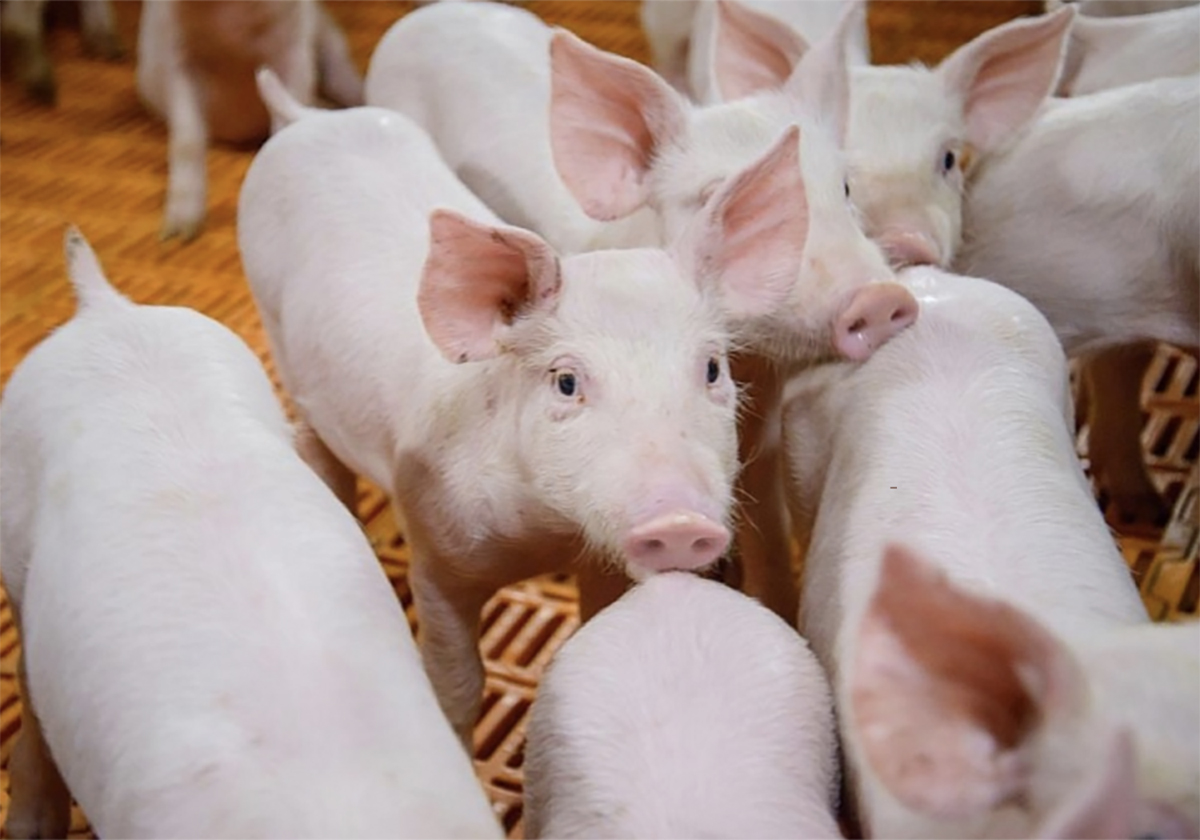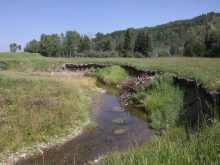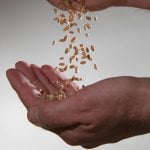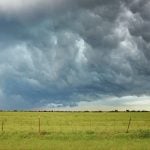When Alberta cattle producer Arno Doerksen travelled to Great Britain to survey the aftermath of foot-and-mouth disease, he learned time is crucial when handling a disaster.
The British learned working faster in a shorter time frame could have reduced the seriousness of the situation.
“They let their guard down. They didn’t have the resources and they didn’t act quick enough,” said Doerksen.
Also, he found “the impact on the broader economy is far greater than what agriculture might have.”
The British have been accused of not acting quickly enough when the first signs of disease were reported.
Read Also

The Western Producer Livestock Report – August 28, 2025
Western Producer Livestock Report for August 28, 2025. See U.S. & Canadian hog prices, Canadian bison & lamb market data and sales insights.
If FMD appeared anywhere in Canada, it would likely be noticed quickly because there are no blister-type diseases here, said veterinarian Larry Delvar of the Canadian Food Inspection Agency.
Acting quickly enough may not be a problem but the shortage of staff could be serious, he said. The agency does not have the resources for a major disaster and help would be required from all levels of government, military and producers.
“In 48 hours we would just run out of people in a major outbreak because everybody is busy.”
Plans must be in place across all levels of government and military because producers expect someone to be prepared when disaster strikes.
“We’ve made tremendous strides in the last year. Will we be able to mobilize right away? You bet. Better than we could four years ago,” Delvar said.
Canada exports five million weaner pigs to the United States each year. Exports would stop immediately but the pigs would continue to grow providing they had adequate housing.
“If you can’t move them because the slaughter plants are shut down, are you going to turn them out into a field? Humane slaughter may be the only option,” said Delvar.

















